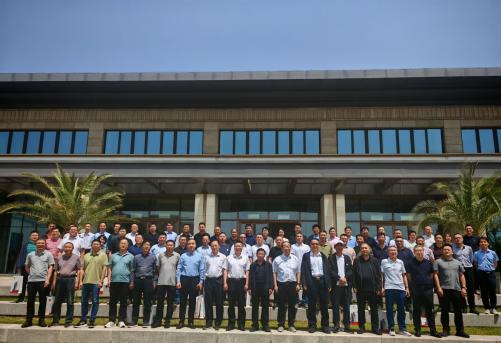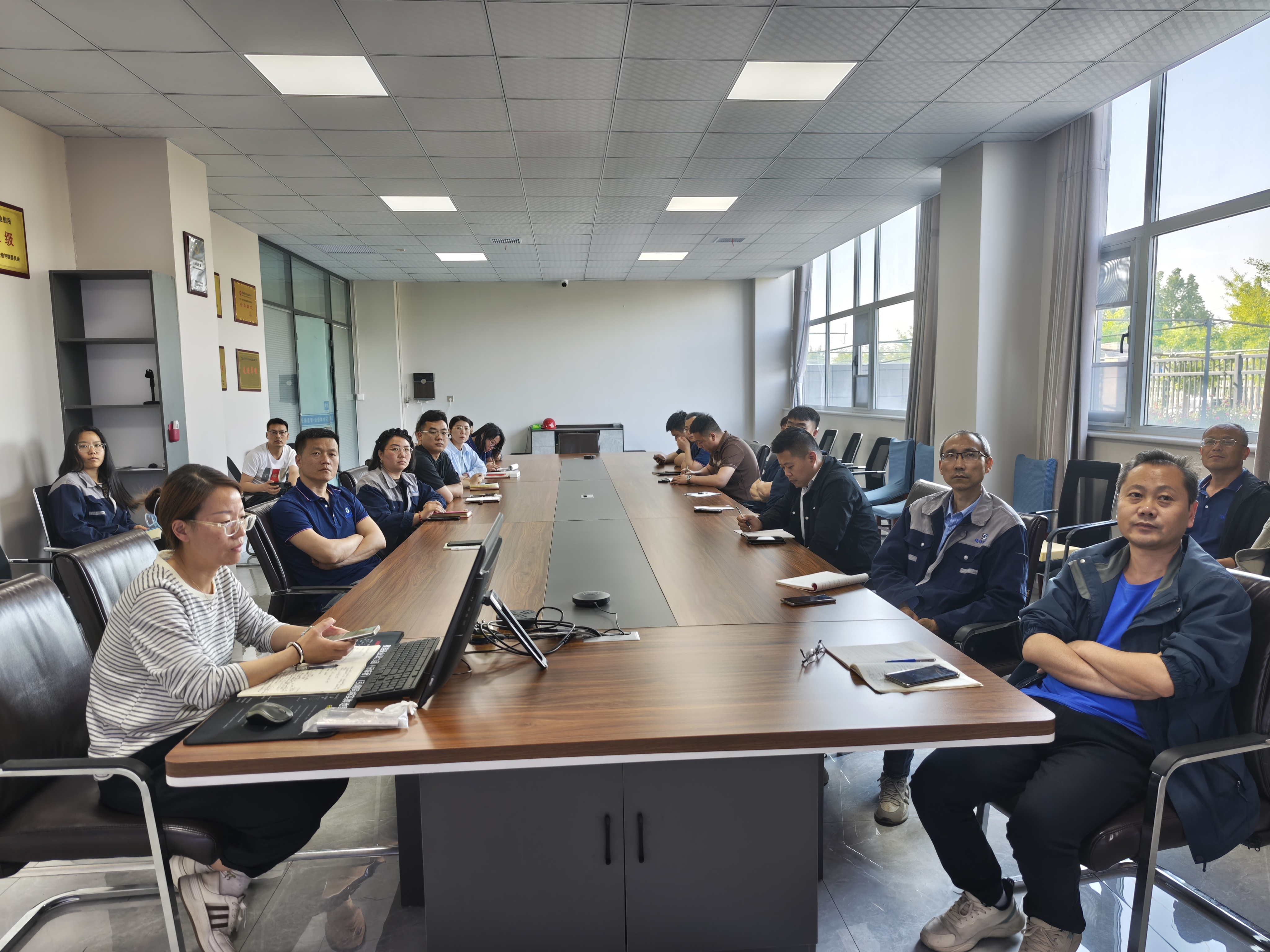Enhancing Asphalt Production with Specialized Vibrating Screens
Release Date:
2025-05-29
In the realm of construction machinery, particularly in asphalt production, specialized vibrating screens play a pivotal role in ensuring the quality and consistency of the final product. A vibrating screen is essential in separating materials based on size and density, helping to achieve the optimal mix of aggregates that are crucial for producing high-performance asphalt. One of the primary func
In the realm of construction machinery, particularly in asphalt production, specialized vibrating screens play a pivotal role in ensuring the quality and consistency of the final product. A vibrating screen is essential in separating materials based on size and density, helping to achieve the optimal mix of aggregates that are crucial for producing high-performance asphalt.
One of the primary functions of a special vibrating screen for an asphalt station is to efficiently classify the aggregate materials before they are mixed with bitumen. These screens are designed to handle various particle sizes, ensuring that only the appropriate materials proceed to the mixing phase. By doing so, manufacturers can enhance the uniformity of the asphalt, which is vital for the longevity and durability of paved surfaces.
The design of specialized vibrating screens typically includes features that cater specifically to the requirements of asphalt production. For instance, they often incorporate adjustable vibration settings, allowing operators to modify the intensity based on the type and size of the materials being processed. This adaptability not only improves the separation process but also minimizes wear and tear on the machinery, leading to increased operational efficiency.
Moreover, these screens are engineered to withstand the harsh conditions commonly encountered in asphalt stations. The materials used in their construction are often resistant to high temperatures and heavy loads, ensuring a longer lifespan and reliable performance. This durability is essential in maintaining steady production levels and minimizing downtime, which can be costly for asphalt production facilities.
In addition to their physical attributes, specialized vibrating screens can also be integrated with modern technology to optimize performance. Many systems now come equipped with sensors that monitor material flow, screen efficiency, and even maintenance needs. This data-driven approach allows for proactive maintenance, reducing the risk of unexpected breakdowns and further enhancing productivity.
The role of special vibrating screens extends beyond mere separation; they significantly impact the overall quality of asphalt. By ensuring that only the right materials are used, these screens help in producing asphalt mixes that meet stringent industry standards. This quality assurance not only satisfies regulatory requirements but also translates to safer and more durable road surfaces.
In conclusion, a special vibrating screen for asphalt stations is a crucial piece of equipment in the manufacturing and construction machinery sector. It directly influences the efficiency, quality, and durability of asphalt products. As the demand for high-quality road materials continues to grow, investing in specialized vibrating screens will undoubtedly pay dividends in terms of both performance and product excellence.
One of the primary functions of a special vibrating screen for an asphalt station is to efficiently classify the aggregate materials before they are mixed with bitumen. These screens are designed to handle various particle sizes, ensuring that only the appropriate materials proceed to the mixing phase. By doing so, manufacturers can enhance the uniformity of the asphalt, which is vital for the longevity and durability of paved surfaces.
The design of specialized vibrating screens typically includes features that cater specifically to the requirements of asphalt production. For instance, they often incorporate adjustable vibration settings, allowing operators to modify the intensity based on the type and size of the materials being processed. This adaptability not only improves the separation process but also minimizes wear and tear on the machinery, leading to increased operational efficiency.
Moreover, these screens are engineered to withstand the harsh conditions commonly encountered in asphalt stations. The materials used in their construction are often resistant to high temperatures and heavy loads, ensuring a longer lifespan and reliable performance. This durability is essential in maintaining steady production levels and minimizing downtime, which can be costly for asphalt production facilities.
In addition to their physical attributes, specialized vibrating screens can also be integrated with modern technology to optimize performance. Many systems now come equipped with sensors that monitor material flow, screen efficiency, and even maintenance needs. This data-driven approach allows for proactive maintenance, reducing the risk of unexpected breakdowns and further enhancing productivity.
The role of special vibrating screens extends beyond mere separation; they significantly impact the overall quality of asphalt. By ensuring that only the right materials are used, these screens help in producing asphalt mixes that meet stringent industry standards. This quality assurance not only satisfies regulatory requirements but also translates to safer and more durable road surfaces.
In conclusion, a special vibrating screen for asphalt stations is a crucial piece of equipment in the manufacturing and construction machinery sector. It directly influences the efficiency, quality, and durability of asphalt products. As the demand for high-quality road materials continues to grow, investing in specialized vibrating screens will undoubtedly pay dividends in terms of both performance and product excellence.





